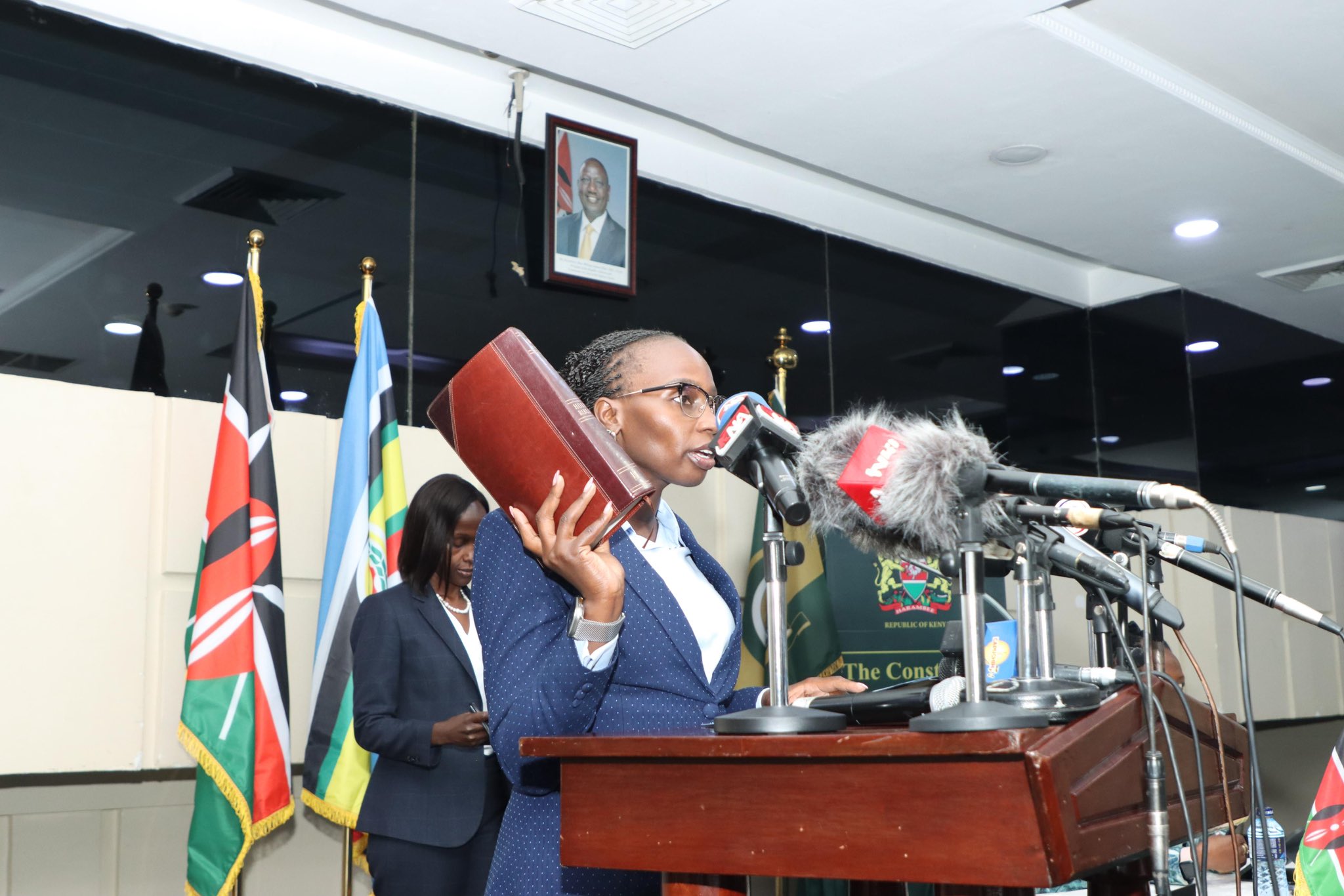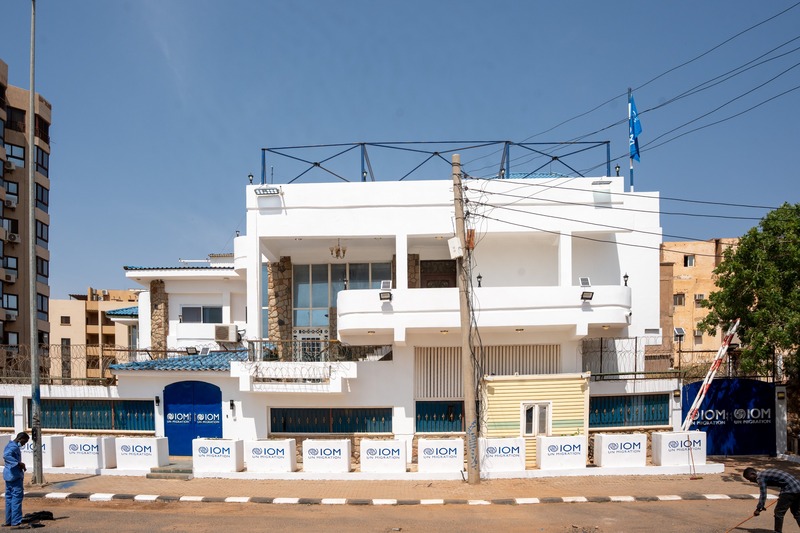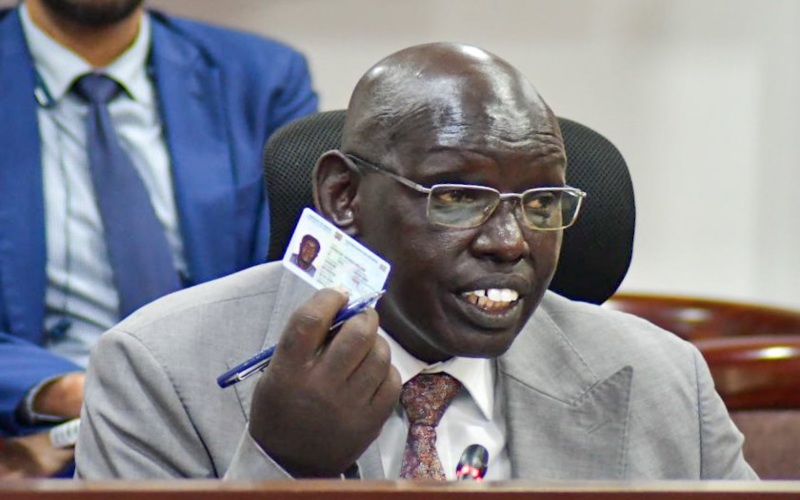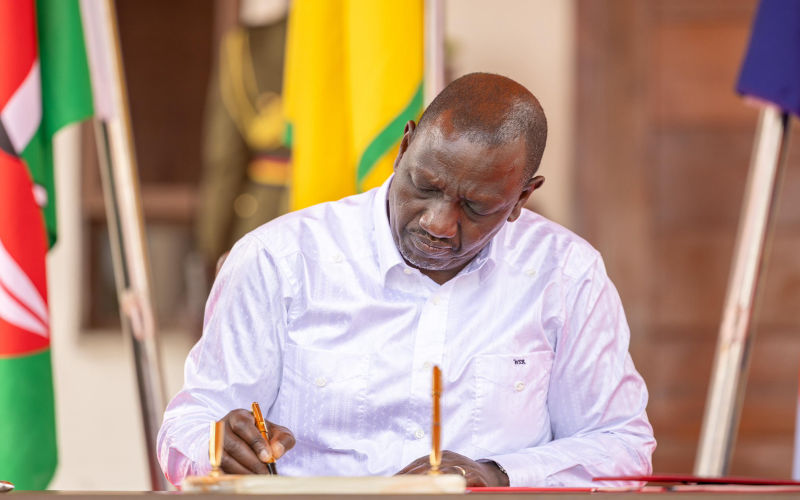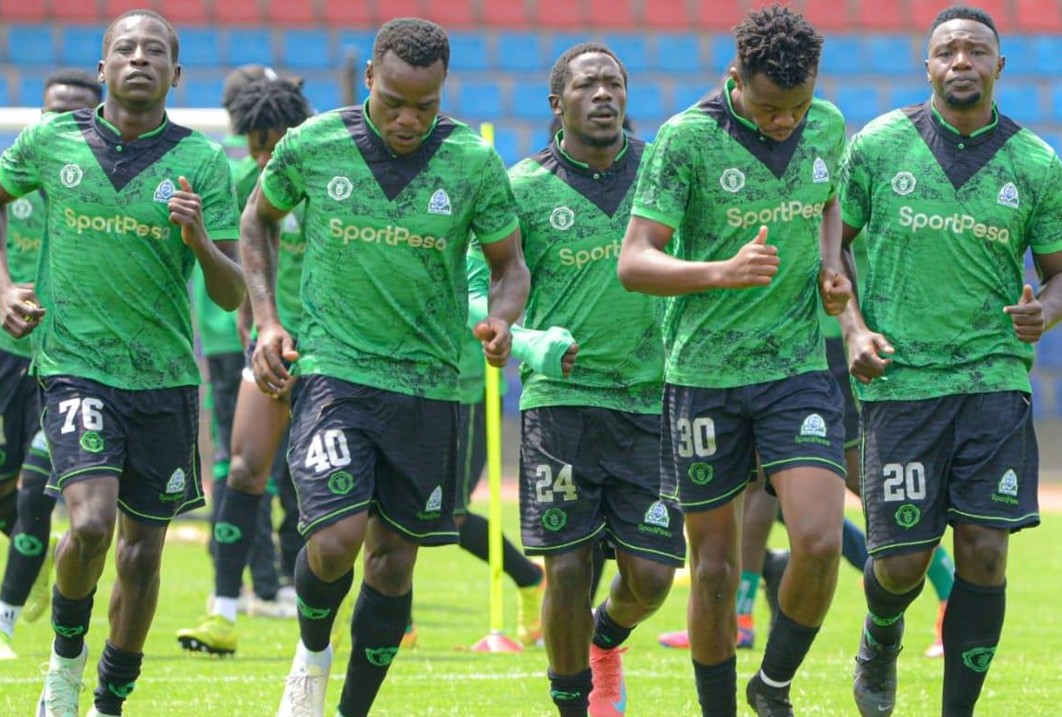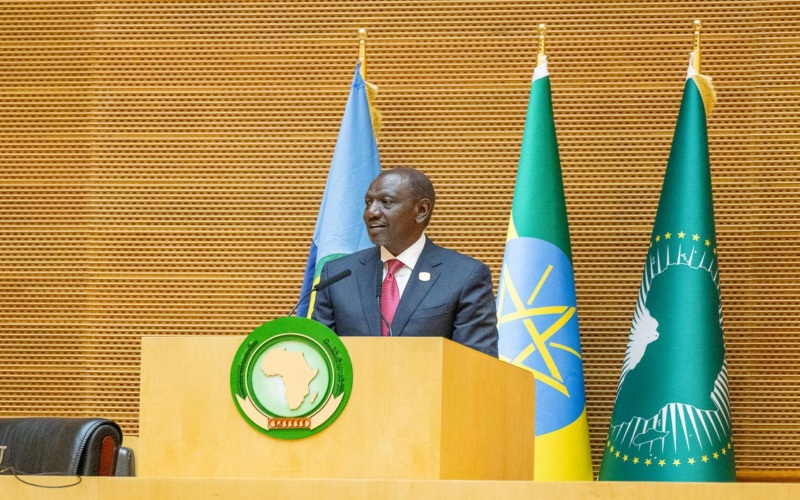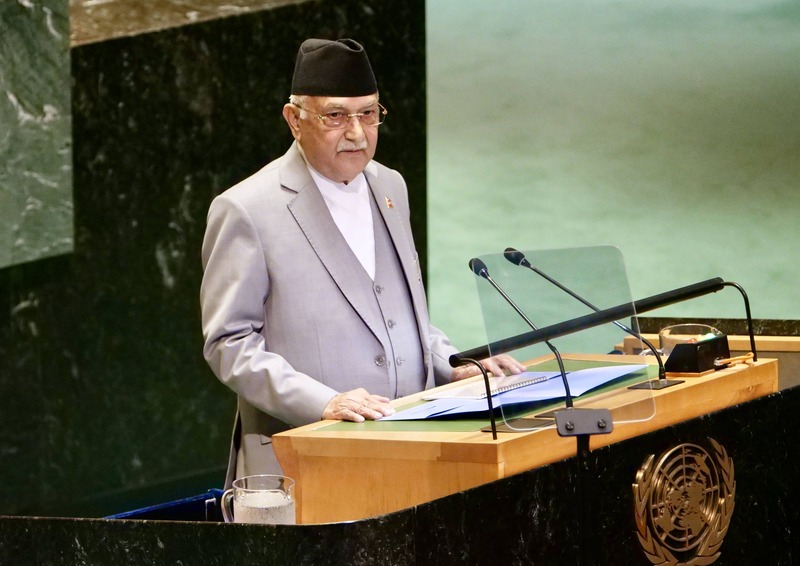DCI report linked Kalombotole to KNH patient murder, but ODPP failed to immediately act
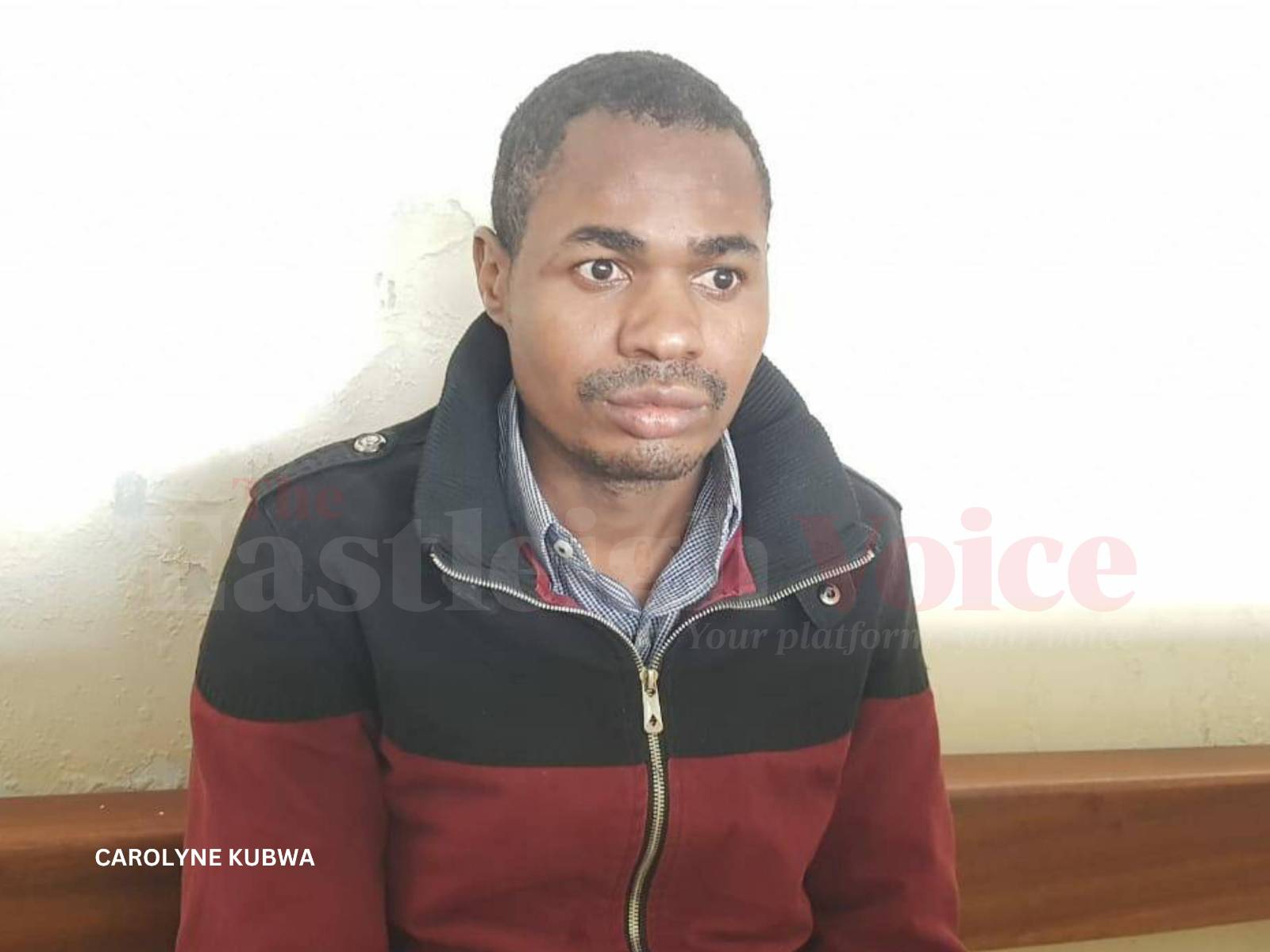
Despite the detailed findings being submitted to the Office of the Director of Public Prosecutions (ODPP), no immediate action was taken.
Details have emerged of how Gilbert Kinyua Muthoni, a patient at Kenyatta National Hospital (KNH), was brutally murdered in his hospital bed, with investigators pointing to his roommate, Kennedy Kalombotole, as the prime suspect.
A chilling investigation report by the Directorate of Criminal Investigations (DCI), dated June 30, 2025, revealed that Kalombotole was the main suspect in the February 6 killing and recommended that he be charged with murder.
More To Read
- KNH clarifies failed kidney transplant amid patient’s police report
- Moi Teaching and Referral Hospital restricts visits after KNH patient murders
- Mbagathi Hospital ignoring court order to admit KNH murder suspect, lawyer claims
- Duale orders CCTV upgrade in referral hospitals after Kenyatta National Hospital patient murders
- KNH murder suspect Kennedy Kalombotole held for 10 days pending identity confirmation
- FIDA demands inquiry into Susan Njoki’s murder, say Chiromo Hospital must answer
Despite the detailed findings being submitted to the Office of the Director of Public Prosecutions (ODPP), no immediate action was taken.
Seventeen days later, another patient was found murdered in similar circumstances at the same hospital.
The DCI report reconstructed the events of the night Kinyua was killed using testimonies from the nurse on duty, Sharon Chepchieng, hospital staff, doctors, security personnel and the victim’s family. At the centre of the probe was Kalombotole, who shared a ward with the deceased.
“Going by the available evidence gathered during the investigations, the deceased bedmate, one Kennedy Kalombotole, has caused the death of the deceased and should be charged with the offence of murder,” reads a section of the report.
Although none of the 12 witness statements directly placed Kalombotole at the moment of the murder, a critical testimony came from nurse Chepchieng. She told investigators that she administered medication to both Kinyua and Kalombotole at 9:00 pm on February 6, the last time Kinyua was seen alive.
“At around 9:00 p.m. on February 6, 2025, I administered medication to all my patients, including Gilbert Kinyua Muthoni, and returned to the nursing station,” Chepchieng said.
“At approximately 5:50 a.m. the next morning, while administering medication to Kennedy Kalombotole, I noticed blood on Gilbert’s blanket.”
She discovered a deep neck wound on Kinyua, who was pronounced dead shortly after.
During the crime scene documentation, investigators found a trail of blood drops on the floor leading from Kinyua’s bed to Kalombotole’s. A pair of black sandals in Kalombotole’s possession was slightly stained with human blood. A plastic knife recovered from the scene was identified as the murder weapon.
“There were blood drops on the floor from the deceased’s bed towards the bed of Kennedy Kalombotole, who was the deceased’s roommate,” the report added.
“Samples and swabs taken from black sandals worn by Kennedy Kalombotole were slightly stained with human blood. The knife recovered during scene documentation was the murder weapon used in the killing.”
Despite these findings and recommendations, the ODPP did not act immediately. On July 17, Edward Maingi Ndegwa was found murdered in his bed at the same hospital, his throat slit in the same manner as Kinyua’s, sparking public outrage and concerns over a preventable second death.
Kalombotole has since been arraigned in court but refused to speak during his first appearance. Police maintained he was mentally fit and verbally capable.
The High Court directed that Kalombotole undergo a mental assessment at Mbagathi Hospital and be held at Nairobi Remand Prison in the meantime. Justice Kavedza also ordered special diabetic care, including supervised insulin administration and banned him from handling needles.
Kibera Magistrate Daisy Mutai, last week, ordered that Kalombotole’s lawyer be granted unrestricted access to him while at the hospital.
A medical report presented in court showed Kalombotole is receiving insulin to manage his blood sugar and medication for seizures and nausea. According to Dr Silvanos Wabule of Roya Hospital, Kalombotole was admitted to KNH on December 11, 2024, but remained there due to administrative delays even after being discharged two days later.
During the proceedings, DCI sought 21 more days to complete their investigation, citing the need for forensic tests, DNA analysis, fingerprint collection, witness interviews and a mental evaluation.
“The deceased was found murdered in his bed, and the manner of death has shocked both the hospital staff and the community. We are yet to obtain DNA samples from Kalombotole for comparison with evidence collected from the scene and the deceased’s body,” DCI officer Benard Muange told the court.
The State also cited public fury over the killings as a reason to deny bail, saying Kalombotole’s life would be at risk if released.
“This case has caused considerable public outrage; releasing the respondent (Kalombotole) at this stage could endanger his safety,” the prosecution submitted.
However, his lawyers, Joshua Ombengi and Zephaniah Chapa, opposed continued detention, arguing that their client had been unwell and was already discharged from the hospital before his arrest. They urged the court to compel DCI to produce full medical reports from both Kenyatta National Hospital and Nairobi Women’s Hospital.
Magistrate Mutai subsequently directed the DCI to file the requested medical reports in court.
Top Stories Today
